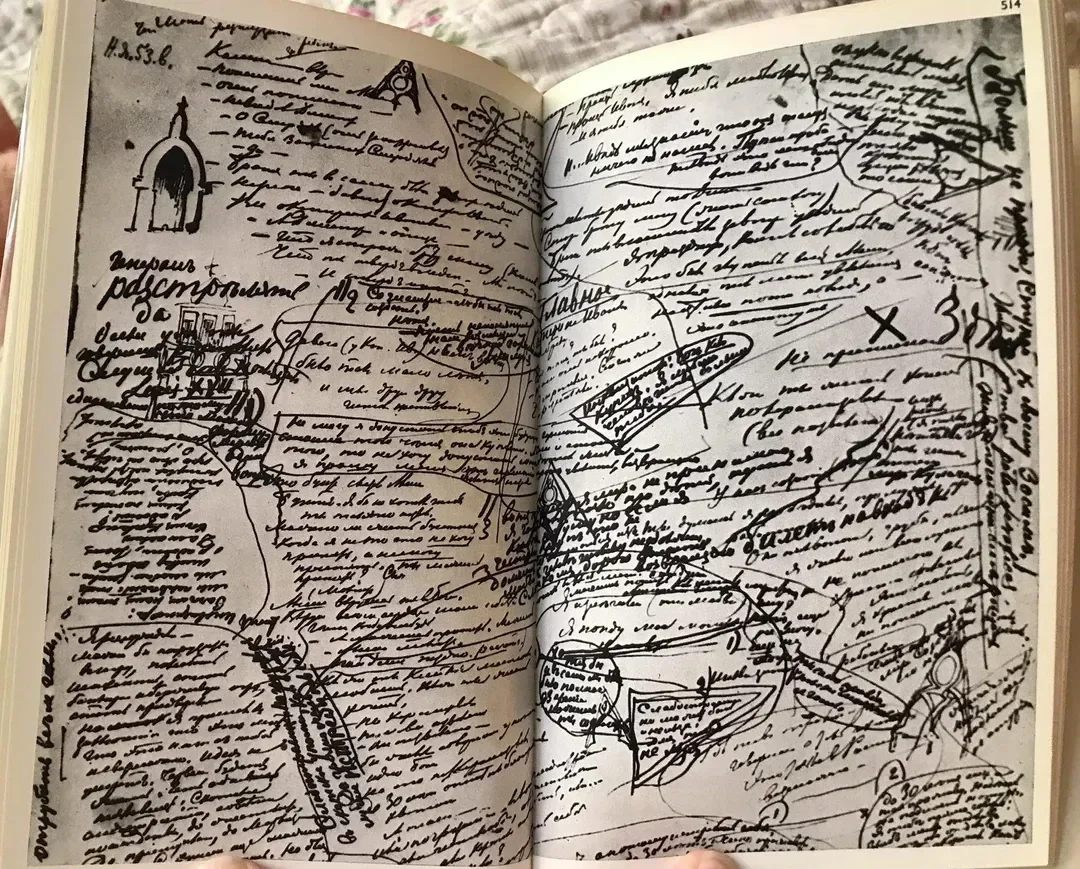Writing Resources
You’re not Blocked—You’re in the Ebb
This weekend, a client observed that when her writing is flowing, life feels beautiful. We’ve all been in that state, where everything feels like a line from a book or a poem. Getting to the desk feels like a compulsion, and every new experience seems to feed the writing.
If only the flow could last forever. But that isn’t how it works. Life inevitably decides to life. Distractions, deadlines, and emotional weather roll in, and suddenly we’re in the ebb.
It’s easy to panic when this happens—to call ourselves blocked, to despair, to self-criticize, or scramble for creative tactics to fix it.
But hear this: ebbs and flows of writing are completely natural. Just like the ocean (and not just because I live at the beach), there has to be an ebb and flow to your energy. Expect it. It doesn’t mean something is wrong, or you’ll never write or get into the flow state again. It doesn’t even mean you have to ‘solve’ the block, because there is nothing to solve.
Clarity Comes After the First Draft
Let me say it twice:
The first draft is not for clarity. It’s for discovery.
The first draft is not for clarity. It’s for discovery.
A lot of people stall out before they ever get momentum in their writing. They think they need to know exactly what they're trying to say before they start writing it down. But writing doesn’t work like that—not honest writing, anyway.
Grief as Guide: Thoughts for Writing about Loss
One of grief’s strange gifts is courage.
After losing my father to cancer last year, I’ve done my share of writing with grief as my companion. I’ve noticed it’s dampened my fear of writing something “bad” and replaced it with a stronger desire to write something true.
Grief is bigger than fear, so it may be pushed against to overcome it. It’s like a fulcrum, where you can apply a crowbar to the fear and apply some force to lift it.
That being said, writers sometimes think they need grief—or another strong negative emotion—to write well. I’ve heard writers say, I’m afraid if I’m happy, I won’t be able to write. Or I need to have problems to write something interesting.
My response to this is that it’s not the pain or grief that makes writing good—it’s the dissolution of fear.
Constructed Voice, Organic Voice
Voice.
In writing, it’s the emotional texture of the person behind the page. It’s how we get to know our storyteller—through their construction of language, what they choose to focus on, and how those choices make us, the readers, feel. Voice is a craft element, which means it can be constructed. But our voice is also our most basic means of expression: given to us at birth, inherent in our bodies.
I’ve been reading Alexander Chee’s collection of essays, How to Write an Autobiographical Novel. In his essay about writing his first novel, he talks about this paradox of voice (emphasis mine):
“It didn’t feel like I could say that I chose to write this novel. The writing felt both like an autonomic process, as compulsory as breathing or the beat of the heart, and at the same time as if an invisible creature had moved into a corner of my mind and begun building itself … The novel that emerged was about things I could not speak of in life…But when the novel was done, I could read from it. A prosthetic voice.”
Why AI Can’t Teach You to Write
Hemingway App is a new AI editor designed to help you improve your writing. It claims that it “makes your writing concise and correct,” and gives a rating for readability. Lower scores are better. 9 is the cutoff for “good” writing.
Naturally, I was curious — how would Hemingway rate some of the greatest writers of all time? So I ran excerpts from a few of my favorites through the app to see what it had to say.
Here’s who was put to the test:
David Foster Wallace: Pulitzer Prize nominee, Whiting Award winner, perennial Best Books of the Year listee.
James Baldwin: A literary titan whose legacy defies a single sentence.










